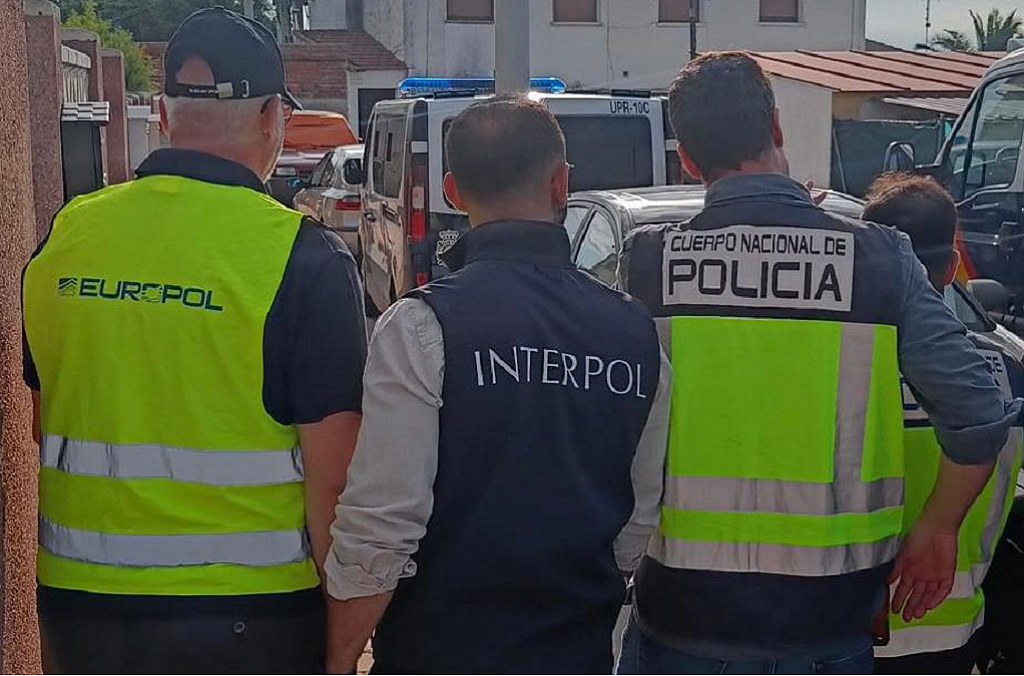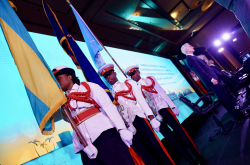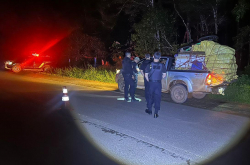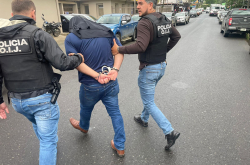An operation targeting a transnational criminal network smuggling Cuban nationals to the European Union has led to the arrest of 62 individuals, including 25 Cubans.
The investigation, coordinated by INTERPOL and Europol, was launched in October 2021 after an increased number of Cuban citizens attempting to enter Europe with fake documents was reported by Finland, Greece, North Macedonia and Serbia.

For a payment of around EUR 9,000 the network would arrange the trip, transfers and provide the falsified documentation. The migrants would fly from Cuba to Serbia, which until recently did not require a visa, before they were smuggled into Greece from where they were flown into Spain.
It is estimated some 5,000 Cuban nationals were successfully smuggled into the EU, generating a profit of around EUR 45 million.
The first in a series of joint operational meetings was hosted by INTERPOL at its General Secretariat headquarters in Lyon in March 2022.
The investigation revealed a complex criminal infrastructure set up in cities across Greece, Serbia and Spain.
On a day of action across the three countries in June, as well as making 26 arrests, police also recovered hundreds of fake and genuine documents and around EUR 100,000 in cash.
In addition, 18 pieces of real estate and 133 vehicles were seized and 144 bank accounts frozen.
INTERPOL and Europol also deployed specialists to provide on the ground support with intelligence analysis and cross match reports.
Changing routes and sexual exploitation
Initially the Cuban nationals flew commercially direct to Russia where smugglers offered the option to either irregularly cross the Russian-Finnish border to then enter the EU, or fly to Serbia to continue their journey into Central or Southern Europe.
However, following the start of the conflict in Ukraine, the route was changed with Cubans instead flown via Germany to Serbia. The criminal networks would then facilitate irregular entry into Greece and North Macedonia, often forcing groups of migrants to walk in the dark for hours with no supplies.
Some of the most vulnerable migrants, which included minors, were subjected to scams, robberies and extortion, with some women transferred to other criminal groups for sexual exploitation.
Investigations are continuing and further arrests are expected.









